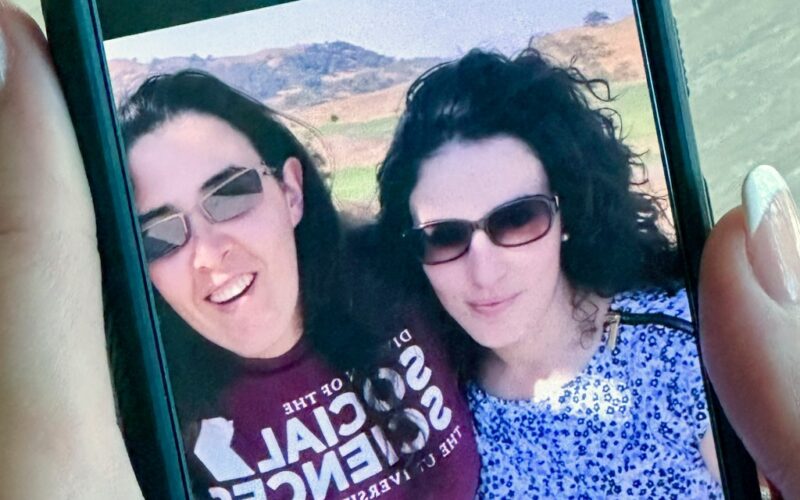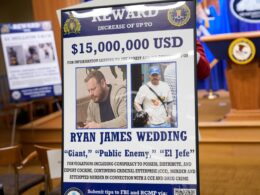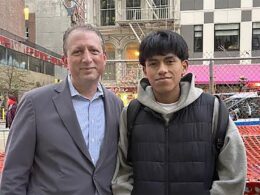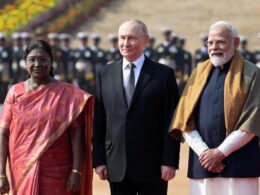Elizabeth Tsurkov, a Princeton grad student who was kidnapped by an Iraqi militant group in 2023, has finally been freed after more than 900 days in captivity.
President Trump on Tuesday announced the academic was safe at the U.S. Embassy in Baghdad after being “tortured for many months.”
He identified her captors as members of the Iran-backed, U.S.-designated terrorist group Kata’ib Hezbollah, though they have not taken responsibility for the kidnapping. The group is officially part of Iraq’s armed forces, but often act on their own.
“My entire family is incredibly happy. We cannot wait to see Elizabeth and give her all the love we have been waiting to share for 903 days,” Tsurkov’s sister, Emma, said in a statement.
She said they had spoken on the phone and expected to be reunited in the next 24 hours, though the details were still being worked out.
Tsurkov, an Israeli and Russian citizen, was abducted in Baghdad in March 2023 while doing research as part of her doctoral degree, focused on sectarianism in the Middle East.
Prior to her kidnapping, she had more than a decade of experience working with human rights organizations in the region, “fighting for the rights of Palestinians, refugees and migrants, torture survivors, human trafficking victims and ethnic and religious minorities,” according to the New Lines Institute, where she was a fellow.
In November of 2023, Iraqi state TV aired footage in which Tsurkov said she worked for the CIA and Israeli spy agency Mossad, but her family said the confession was coerced.
Iraqi militia officials, who spoke on condition of anonymity, told The Associated Press that Tsurkov’s release was a result of negotiations, not any military action.
Emma Tsurkov, in her statement, specifically thanked Adam Boehler, the U.S. special envoy for hostage affairs, who she said made it his “personal mission” to bring her sister home.
Tsurkov’s release comes just days after Trump signed an executive order allowing the U.S. to designate foreign nations as state sponsors of wrongful detention, using the threat of sanctions to deter other countries from taking Americans into custody as “political pawns.”
The order said it would also apply to cases involving the “unjust or unlawful detention of third country nationals in which cases the United States has a national interest.”
With News Wire Services
Originally Published:








